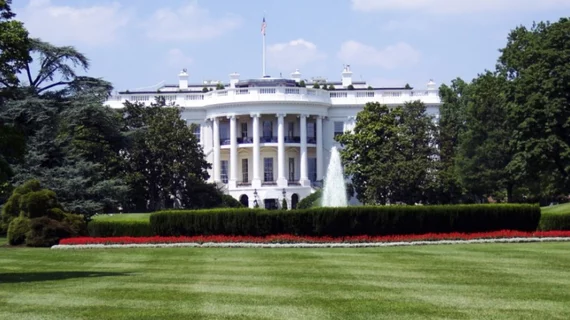The saga continues: 3 White House experts say hydroxychloroquine ineffective as a COVID-19 treatment
President Donald Trump has revived the debate surrounding hydroxychloroquine in recent weeks, doubling down his support for the antimalarial medication to be used as a COVID-19 treatment.
In the last six days, however, multiple White House experts have all emphasized they don’t support the use of hydroxychloroquine as a treatment option.
On July 29, for instance, Anthony Fauci, MD, director of the National Institute of Allergy and Infectious Diseases and a member of the White House Coronavirus Task Force, discussed the topic with the BBC:
“We know that every single good study—and by good study, I mean randomized control study in which the data are firm and believable—has shown that hydroxychloroquine is not effective in the treatment of COVID-19,” Fauci said.
Deborah Birx, MD, another prominent member of the White House Coronavirus Task Force, shared similar sentiments in an interview with Fox News on July 30.
“We know in the randomized controlled trials to date—and there's been several of them—that there's not evidence that it improves those patients' outcomes,” she said. “Whether they have mild, moderate disease or whether they’re seriously ill in the hospital.”
On Sunday, August 2, another voice joined in: Admiral Brett Giroir, MD, assistant secretary for health at the U.S. Department of Health and Human Services (HHS). Giroir, in charge of coordinating the Trump administration’s COVID-19 testing response, spoke with NBC’s Meet the Press and made it clear that he does not recommend the medication as a treatment.
“Most physicians and prescribers are evidence-based and they're not influenced by whatever is on Twitter or anything else,” Giroir said. “And the evidence just doesn't show that hydroxychloroquine is effective right now.”
In the same interview, Giroir did push for “public hygiene measures like hand-washing and mask-wearing, as well as treatments like the drug remdesivir and steroids.”
More information on the strange story of hydroxychloroquine, COVID-19 and everything in between is available here.

